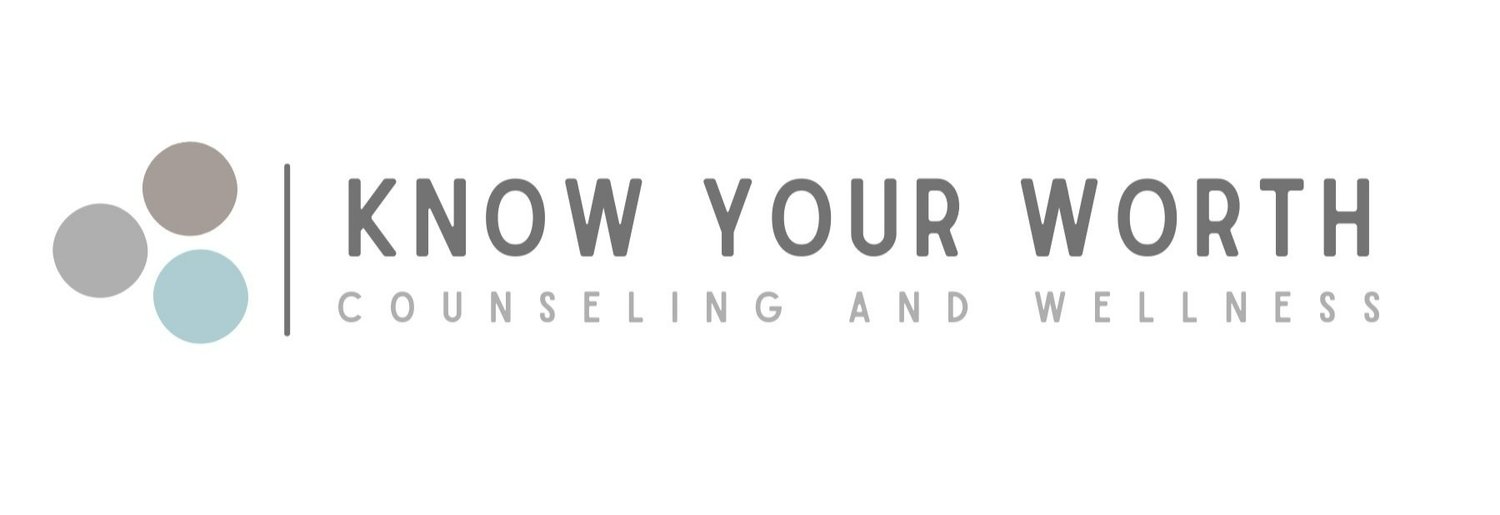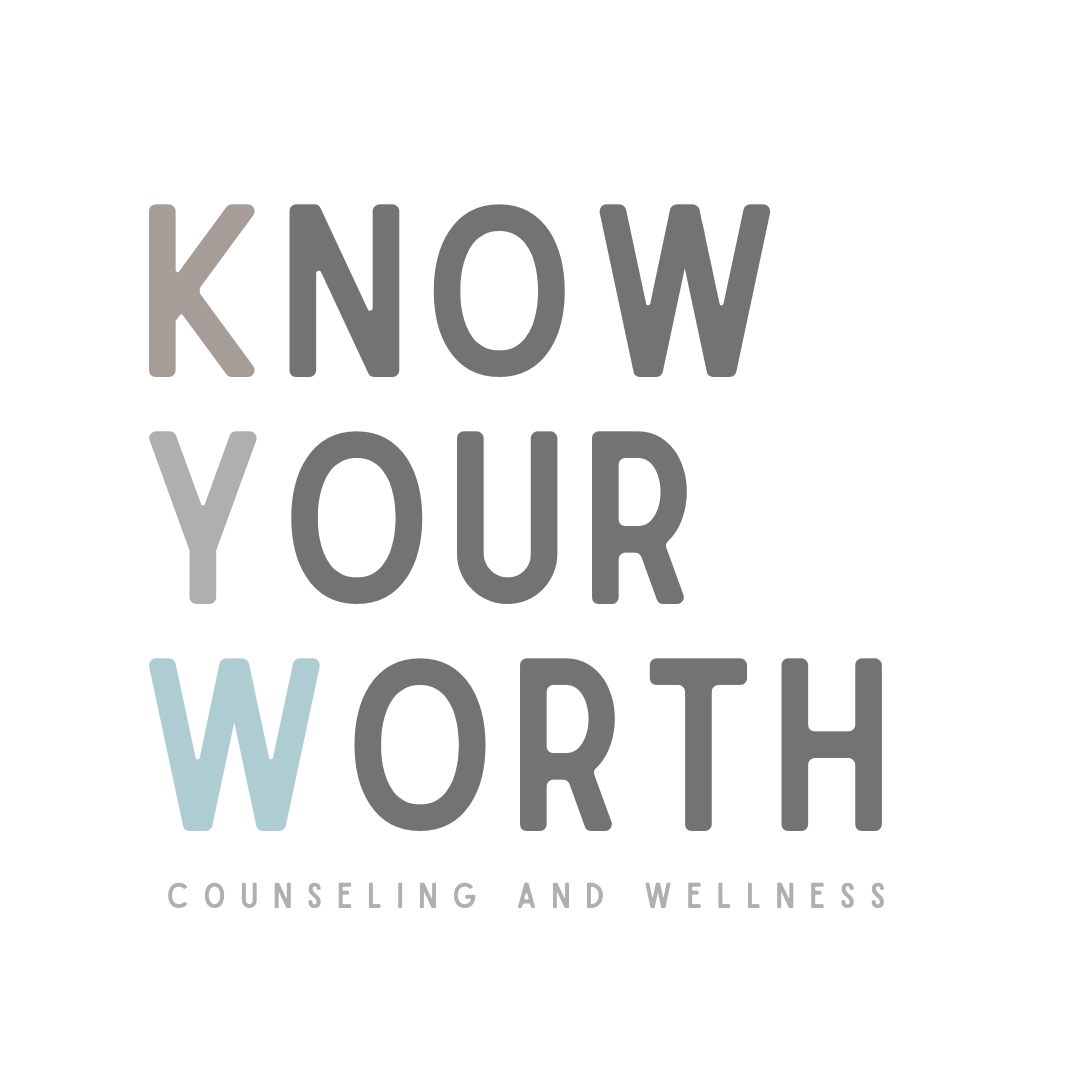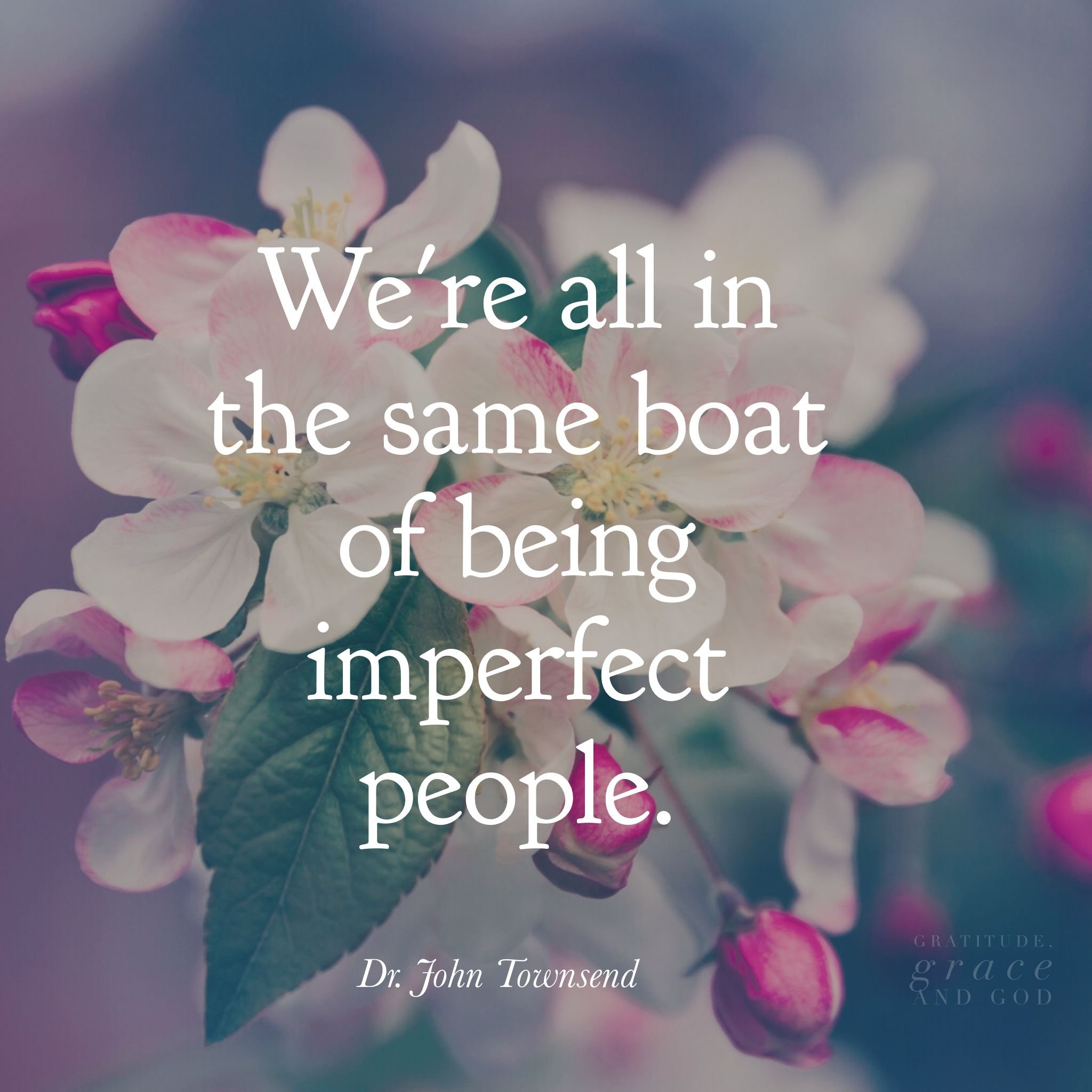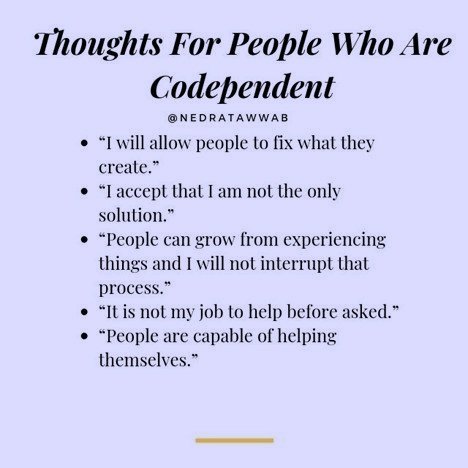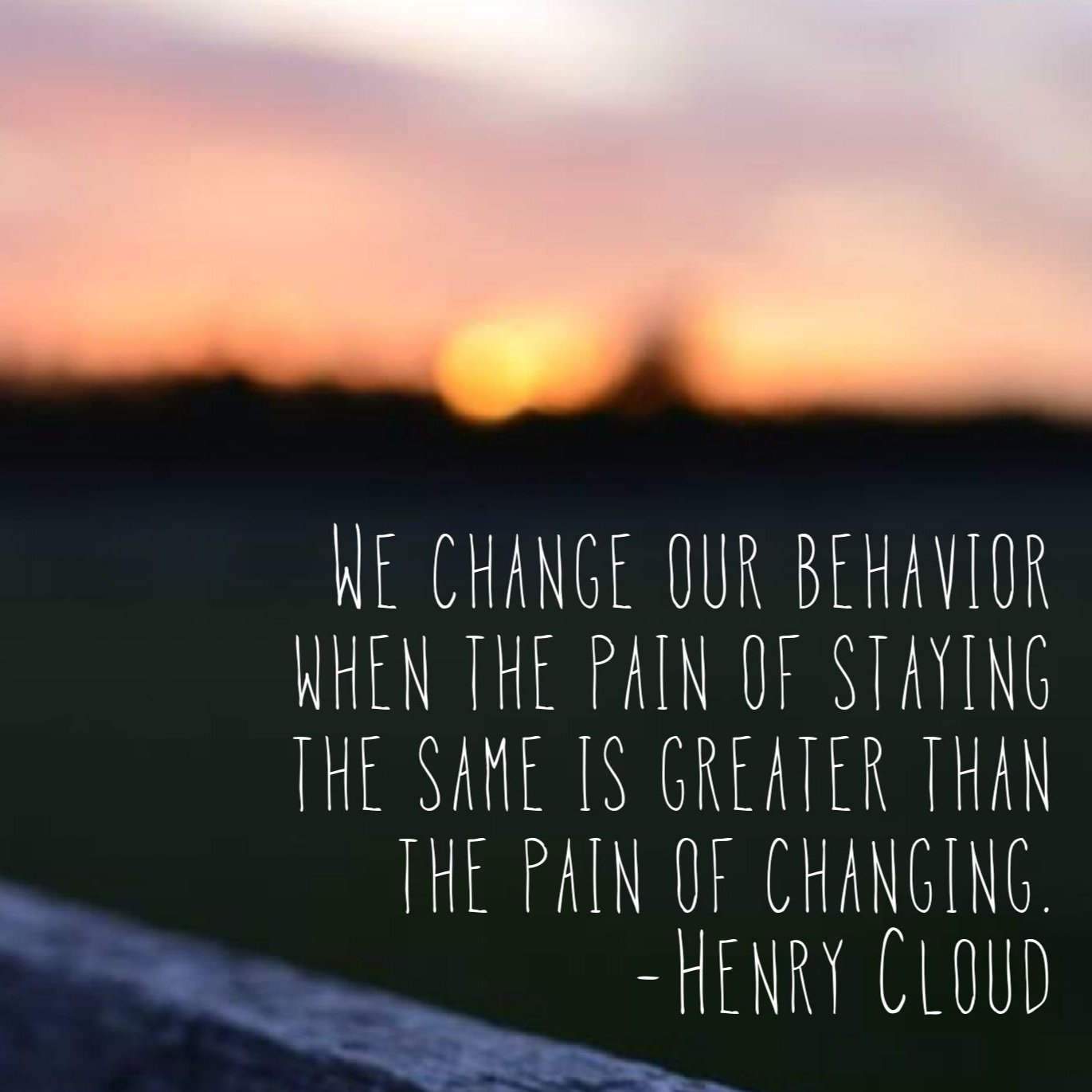Harnessing Healthy Relationships
Relationships are multi-faceted and brimming over with messages and meaning, whether in-person, by phone, text, app, or social media. Every adult and child learns how to communicate, expressing what their relationships mean to them. Some messages and behaviors are poisonous, leaving people hurt and stunned with what happened.
Yes, everyone has encountered a venomous person, ready to coil up and strike! For some, they were visited early on in life, enduring horrific people, and situations. Other times, words and actions affirm a deeper connection and growth, restoring appreciation in humanity. In such relationships, an invisible choir almost follows these exchanges, poised to give joyous sounds.
Then, there are still different relationships which are neither low nor high but fall more into a neutral category such as saying hello to an acquaintance. In abusive family systems or trauma backgrounds, relationship lines are blurred, and individuals find themselves resuscitating toxic relationships. Such people are working through previous trauma, stuck in negative generational patterns, wrapped up in the chains of codependency, or isolated from interdependent (self-reliant) lifestyles. There are a few relationship categories which help people evaluate the make-up of their relationships.
Dr. John Townsend, author and psychologist, mentions seven different categories to help individuals understand more. One of the most supportive roles is a coach, a person who walks alongside someone to lead, mentor, and support. What about your life team? Dr. Townsend says you need comrades, about 3-10 people who know you and accept the deeper part. Then, you have casuals, people such as friends and neighbors who offer positivity during your journey. When you have the chance, Dr. Townsend talks about connecting with colleagues, who are competent, relational, and team focused. Often you do not get to choose colleagues, but when you are fortunate enough to connect with people possessing these characteristics, celebrate them. The last few categories help take an assessment of how you support others. A group called care are people with a need you are able to support in some way, allowing people the chance to give back in a meaningful way. On the other hand, chronics are individuals with long term struggles in numerous areas like job, financial, emotional well-being, relationships, etc. Despite efforts to provide chronics with support, healing and resolve may not come. Reevaluating such relationships may lead to stronger boundaries and mental health. The final category is quite toxic! Contaminants are people with ill will and motives. Often once contaminants arrive on the scene, there is a sudden thrust to an emergency mode. Because of their abusive nature, such people may only understand when the law gets involved. For personal safety and loved ones around you, contaminants require an immediate call to action. Take a moment to take stock of your relationships!
Where do you see your relationships going? What is your trajectory? You hold such value to the people around you, and walking with the right group makes all the difference. Find your people! You deserve meaningful, purposeful connections!
Healthy Relationships Resources
Drama Free, Nedra Glover Tawwab
Who’s Pushing Your Buttons?, Dr. John Townsend (Christian)
People Fuel, Dr. John Townsend (Christian)
Healthy Relationships Journal Prompts
What kind of relationships do you have in your life?
Who is pouring into your life?
Who is depleting you?
What negative family relationship pattern(s) stops with you?
What strengths do you offer to your relationships?
How might you be able to support or give back to someone in your life?
When will you implement the change(s) you need?
